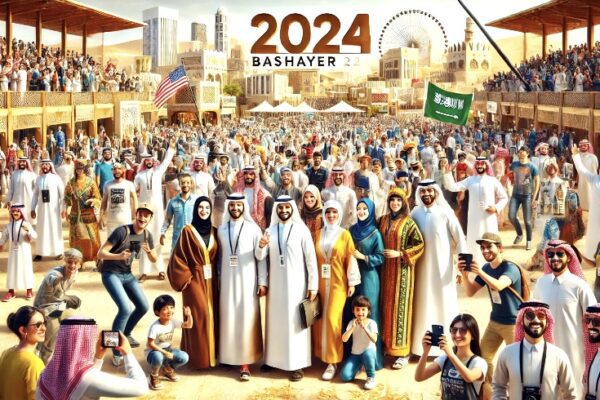Who’s Really Shaping the Global Economy
Around the world, governments are taking a more hands-on approach to managing their economies as a result of new heads of state in the United States. Although the current President of the country was born in the USA, educated in the USA and has conducted business in the USA, he is borrowing financial, monetary and governance strategies from nations like China, Russia, Singapore, France, and South Korea and applying them to the US economy. These economic models, largely unfamiliar in the U.S., are reshaping global policies—and raising questions about their impact.
At the core of these strategies are three key economic philosophies:
- State-Driven Dirigisme – A system where the government plays a central role in directing economic activity, from investments to industrial planning.
- Radical Austerity – A strict approach to cutting government spending and raising taxes to reduce public debt, often leading to economic hardship.
- Protectionist Mercantilism – Policies that prioritize exports and restrict imports, using government intervention to boost national wealth.
Masterminds or Madmen: The Impact of Their Strategies on Global Stability
The strategies have been used in other countries. France pioneered dirigisme after World War II, using state-directed investments and planning to rebuild its economy. Singapore relies on government-linked corporations and sovereign wealth funds to maintain control over key industries. South Korea combined state-directed investment with aggressive export-driven policies to fuel rapid growth. China continues to practice dirigisme through state ownership of major industries and financial institutions. Japan adopted a version of dirigisme post-WWII, prioritizing certain industries—such as steel and coal—to accelerate recovery. While these strategies have led to significant economic success in some regions, experts remain divided on their long-term impact.
Musk, Trump, and Putin: Playing a High-Stakes Game
Game theory, the study of strategic decision-making, explains the power plays of Elon Musk, Donald Trump, and Vladimir Putin—three figures shaping economics, politics, and global security. Their strategies reflect key game theory principles, from cooperation and dominance to security dilemmas and economic brinkmanship.
Key Concepts in Game Theory
- Nash Equilibrium – A balance where no player benefits from changing their strategy, mirroring global power dynamics where nations hesitate to challenge the status quo.
- Zero-Sum Games – Gains for one player often mean losses for another, fueling trade wars, military buildups, and territorial conflicts.
- Cooperation vs. Non-Cooperation – Nations must decide between partnerships (alliances, treaties) and self-interest (sanctions, military interventions).
- Dominance Strategies – Power-driven leaders exploit economic leverage, political influence, and military strength to outmaneuver rivals.
- Security Dilemmas – Military expansion by one nation provokes others to do the same, escalating global tensions.
- Economic and Military Dominance – Trade wars, currency manipulation, and strategic alliances shape global influence, while military strategies factor in rival reactions.
How Musk, Putin, and Trump Apply Game Theory
Elon Musk: The Market Disruptor. Musk employs first-mover advantage to dominate industries like EVs and space travel, using strategic ambiguity to influence markets. His bold statements, often via social media, act as a signaling strategy, shaping investor behavior and regulatory responses.
Donald Trump: The Negotiation Tactician. Trump’s zero-sum approach prioritizes trade wars, nationalist policies, and unpredictability as a bargaining strategy. His use of social media as a signaling tool influences negotiations and market movements, while his “America First” stance disrupts traditional alliances.
Vladimir Putin: The Power Player. Putin’s asymmetric warfare combines cyberattacks, misinformation, and resource control to weaken adversaries. His security dilemma tactics—such as military build-ups and nuclear threats—force global players into defensive postures, ensuring Russia remains central to geopolitical shifts.
Strategy for Growth—or a High-Stakes Power Play?
Despite their differing arenas—Musk in markets, Trump in negotiations, and Putin in geopolitics, all three wield game theory tactics to expand their influence and power, often at the expense of global stability. Their high-risk strategies create ripple effects that impact millions worldwide, from economic turmoil to geopolitical tensions. While political leaders like Bernie Sanders and Alexandria Ocasio-Cortez challenge these power dynamics, their efforts amount to little more than a symbolic stand against the overwhelming forces shaping the global economy.


![Feldstein Winery. A Bold Celebration to the Spirit of the Israeli Vine[Part-1]](https://inmypersonalopinion.life/wp-content/uploads/2024/12/wine-x-e1734416545327-600x400.jpg)


